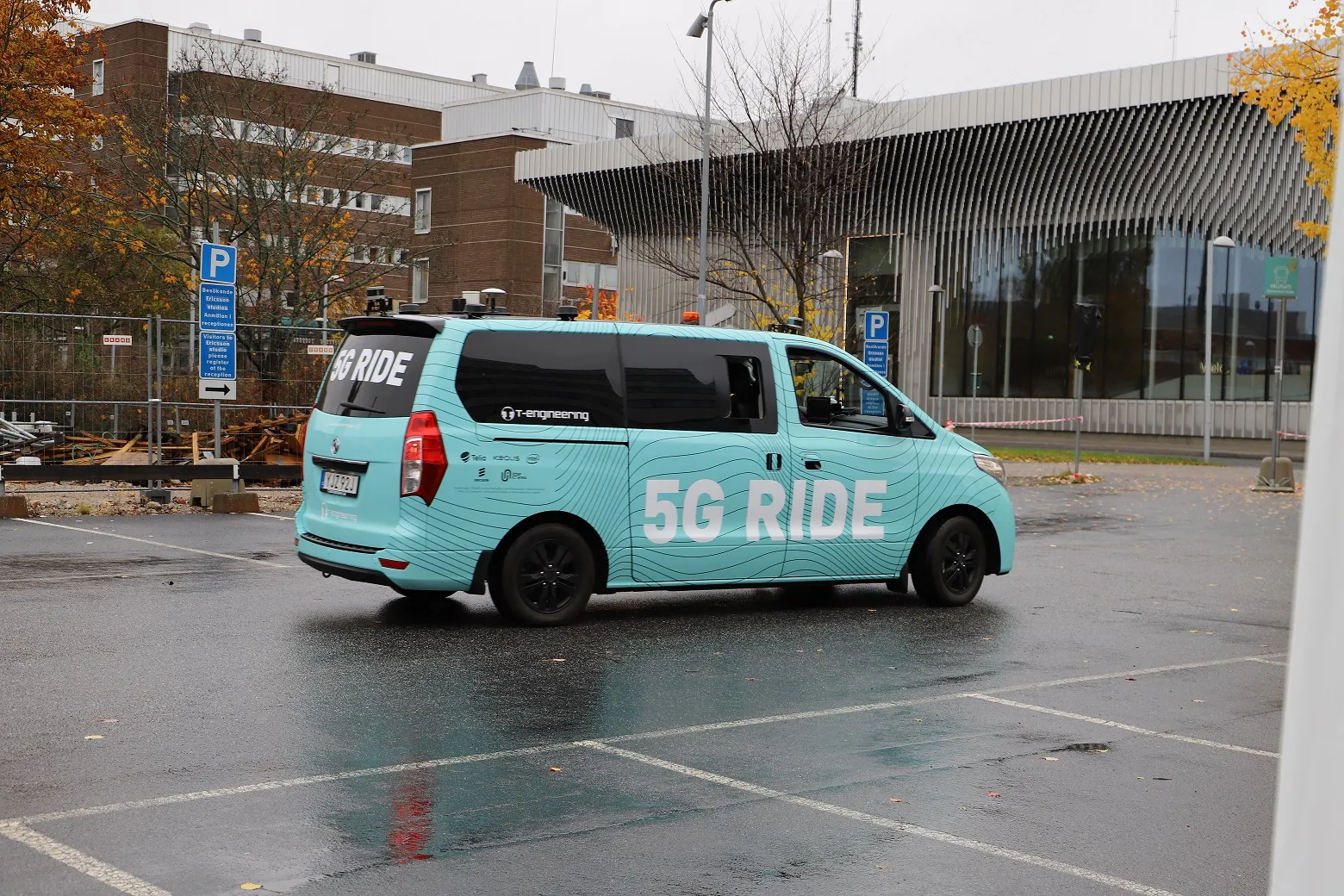Virgin
VHO’s chairman Sultan bin Sulayem says: “Together we hope to spur the development of the regional technology and transportation infrastructure for a connected Gulf.”
The announcement follows findings released by VHO and King Abdullah Economic City on the feasibility of creating a VHO Centre of Excellence, which will include a full-speed testing track and a manufacturing facility.
VHO says the centre will support the tech sector by incorporating advances in robotics and artificial intelligence while also generating a $4 billion increase in Saudi Arabia’s GDP by 2030.
In 2017, VHO began working in the kingdom by welcoming a group of Saudi students from the MiSK Foundation to its Los Angeles Innovation Campus.
Virgin Hyperloop links up with Saudi university
Virgin Hyperloop One (VHO) is exchanging scientific and technological knowledge with King Abdulla University of Science and Technology to support the development of transportation in Saudi Arabia.
VHO’s chairman Sultan bin Sulayem says: “Together we hope to spur the development of the regional technology and transportation infrastructure for a connected Gulf.”
The announcement follows findings released by VHO and King Abdullah Economic City on the feasibility of creating a VHO Centre of Excellence, which
November 15, 2019
Read time: 1 min









